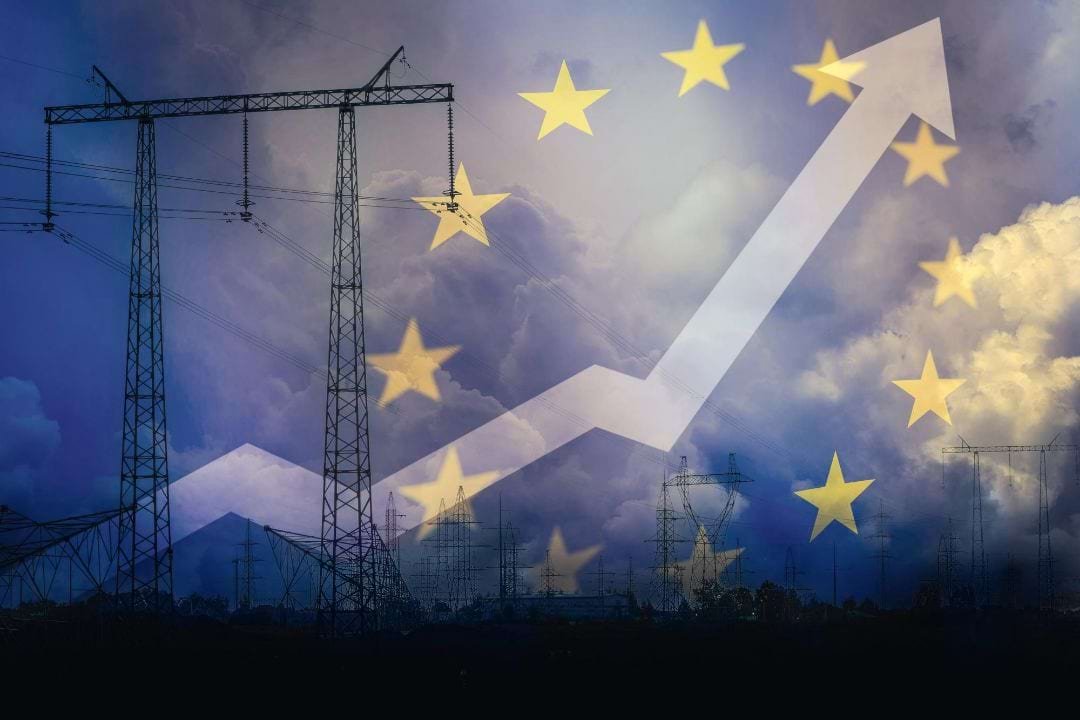The hard-won agreement to limit the sale of new combustion engine cars by 2035 is one of the rules that Warsaw is now attempting to have overturned in court.
"We are taking this and other documents from the 'Fit for 55' package to the European Court of Justice because we don't agree with them. In June, Polish Minister of the Environment Anna Moskwa remarked, "I hope other nations will join."
The EU nation with the greatest doubts about climate policy is Poland. It still relies largely on coal and lacks the financial resources to support the green transition as do the wealthier western EU nations.
Warsaw also wants to repeal a recently passed law on land use and forestry (LULUCF), update EU countries' 2030 emission reduction targets, and change the number of pollution allowances in the EU's carbon market stability reserve in addition to the new car emission regulations.
The EU's carbon border adjustment system, which imposed the first-ever levy on carbon-intensive goods entering the EU, is also being challenged by Poland.
"Wants the EU to impose dictatorial rules on the types of cars Poles will drive and raise energy costs in Poland? Brussels will not be allowed to impose its will on the Polish government, wrote Moskwa on X, formerly known as Twitter.
Unanimity
According to a paper summarizing Poland's legal arguments, a major tenet of Poland's position is that EU climate policies should have been approved by unanimous consent because they have an impact on nations' sovereign rights over their choice of energy source and land use.
The law's passage violates the fundamental legal principles of the EU "by failing to adopt the contested decision on the basis of that Treaty provision, which requires unanimity in the Council, despite the fact that the contested decision significantly affects a Member State's choice between different energy sources and the general structure of its energy supply," according to Warsaw.
Poland also issues a warning that certain rules, such as modifications to the carbon market reserve and emission reduction objectives that are country-specific, endanger its energy security because they do not consider the unique circumstances of EU member states.
Warsaw contends that the prohibition on the sale of new combustion engine vehicles runs the risk of having negative effects on the continent's automotive industry, linked economic sectors, and larger society.
The argument states that the "contested regulation imposes excessive burdens related to the transition towards zero-emission mobility on European citizens, particularly those who are less well-off, as well as on the European automotive companies sector."
According to the report, this "risks resulting in serious adverse effects for the European automotive industry, social exclusion, transport exclusion of poorer persons, and increased disparity between citizens with regard to the standard of living."
Furthermore, Warsaw claims that the wider socio-economic effects of these laws—particularly the legislation altering the permits available in the carbon market's stability reserve—have not been fully evaluated.
According to Poland, this was adopted "on the basis of an incomplete, out-of-date, and incorrectly executed impact assessment that was prepared using data that did not take into account the Russian government's armed attack on Ukraine and the ensuing energy crisis."
Poland's claims are rejected by Brussels
A representative for the Commission stated that the EU executive has taken note of Poland's legal challenge and that the EU Court of Justice will decide the matter.
The spokesperson claimed that the Commission "maintains that the measures in question are fully compliant with EU Treaties and law," adding that the Commission proposed these pieces of legislation to implement the European Climate Law, "which sets legally-binding emissions reduction targets of -55% by 2030 and net-zero emissions by 2050."
The Commission is presently carefully examining the Polish legal actions against the European Parliament and the Council, the spokeswoman said, adding that the Commission might ask to intervene in the case.
The case has little chance of winning, observers in Brussels and Warsaw have told EURACTIV, noting a legal precedent set a few years ago when the EU Court of Justice rejected a similar claim by Poland against the EU carbon market.
"Our reading is that this is dominated by national politics, to build up a campaign narrative for the upcoming Polish elections later this year," said Klaus Röhrig of the environmental advocacy group Climate Action Network (CAN) Europe.

